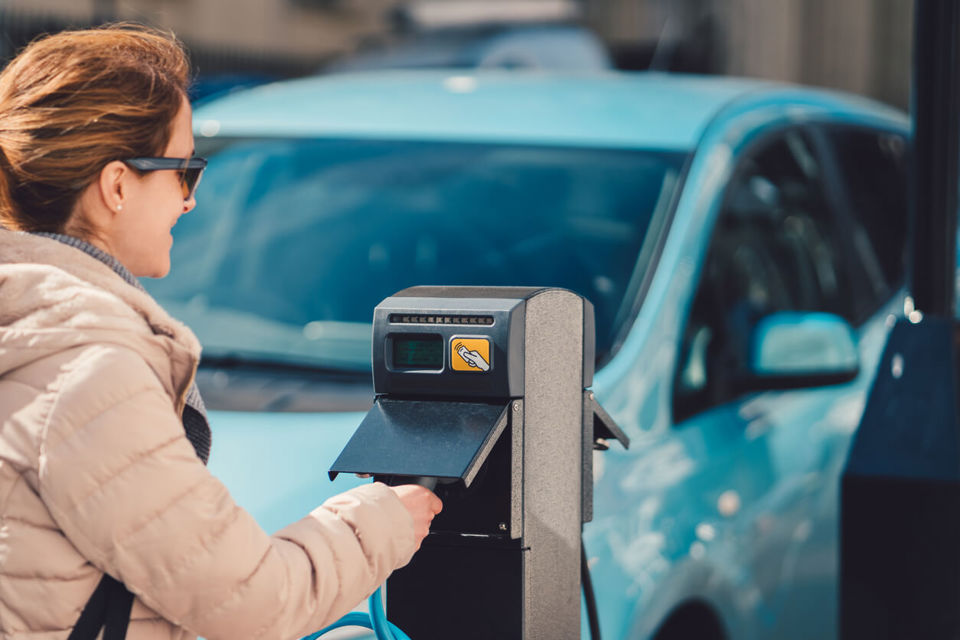A multi-million trial of low carbon vehicles has concluded that electric vehicles can already meet the vast majority of daily transport requirements – but limited range remains the main concern of fleet drivers.
Analysis of ongoing trials of more than 300 vehicles being carried out throughout the country found that drivers adapted quickly to the change from conventional to electric power.
It also found that drivers taking part in the trial had to make few changes to their daily driving habits, although the limited range of electric vehicles remains their biggest concern.
The £25m Ultra Low Carbon Vehicles Demonstrator programme was launched in 2009 by the Technology Strategy Board, a national agency tasked with supporting business-led innovation.
The programme includes 19 vehicle manufacturers, with 340 vehicles being trialled in seven different demonstrator hubs across the UK, covering electric cars, plug-in hybrids and fuel cell vehicles.
Vehicles being trialled include models supplied by Ford, Toyota, BMW, Nissan, smart and Jaguar, which have covered a total of 100,389 journeys over 677,209 miles, during which the electric vehicles were recharged 19,782 times.
Tracking data collected from the vehicles and interviews with drivers suggested the experience of learning how to use the vehicle was even more straightforward than the drivers had anticipated prior to the trial.
A total of 95% of private drivers said that the electric vehicles they tested were no more difficult to use than the car the participants usually drove.
Furthermore, there was not significant individual journey length or daily mileage change over the first three months of usage, showing users made little or no change to their daily driving habits after switching from conventional to low carbon vehicles.
One of the biggest issues – range anxiety – was quickly overcome for some through first-hand driving experience. Prior to the trial 100% of drivers interviewed said they would be more concerned about reaching their destination with an electric vehicle than they would with their normal car. After three months this dropped to 65%.
Fleet drivers in particular wanted to be reassured that electric vehicles had a range to cover extensive mileage, saying they would like to see a range of 120 miles for daily trips.
But even with their current range, drivers were encouraged by the distances they could cover. Mick English, who has been trialling a Nissan LEAF, said: “I drive 75 plus miles to work and home every day without any issues whatsoever. I use the vehicle as a general run-around at weekends and during days off and I have never had a problem with the worry of lack of fuel.”
Iain Gray, chief executive of the Technology Strategy Board, was encouraged by the findings.
He said: “The fact that users did not have to alter their daily routine to integrate the vehicles into their lives shows that, where appropriate, they are already a viable form of low carbon transport. As such we will continue to invest in and push forward the low carbon vehicle innovation landscape.”
Business Minister Mark Prisk added: “These preliminary findings send a clear signal to the low carbon vehicle sector that we are moving in the right direction. It is clear from these results that the initial fears of using electric vehicles are unfounded with private drivers in particular rapidly adapting to - and enjoying - their use as part of everyday life.”
For full details of the report findings, log onto www.innovateuk.org/ourstrategy/innovationplatforms/lowcarbonvehicles.ashx














Login to comment
Comments
No comments have been made yet.